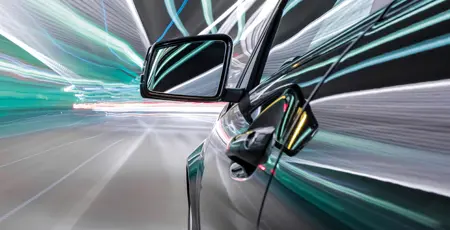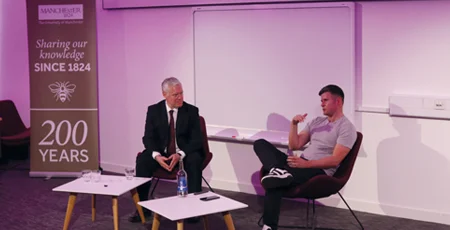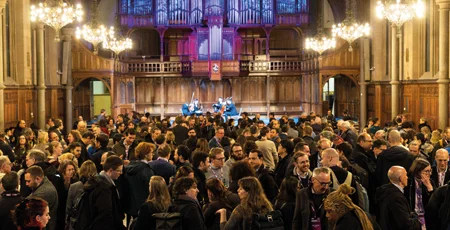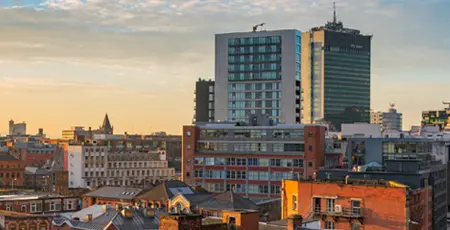Grand Crises
Businesses need to shift how they operate in response to global crises.
It’s been a tough few years for people who own or manage a business. Lockdowns shut down whole industrial sectors worldwide, turning profitable businesses into loss-making ones, while a lot of smaller businesses went under.
Many companies will now be hoping for a return to some type of normality after COVID. However, there are strong signals that a resumption of how things were isn’t on the cards any time soon. The world appears to have entered into an age of accelerating grand crises.
One day there may be a time after COVID, after the Ukrainian crisis, and even after the climate crisis. But there’s unlikely to be a point of general stability any time soon. Humanity is pushing environmental limits to breaking point, risking further crises – whether in terms of disease, conflict or natural disasters.
Businesses therefore need to shift how they operate. This means responding to current crises, being better prepared for future crises, and addressing their own role in generating these crises in the first place. With that in mind, here are three types of business models companies should start adopting now.
Respond to crises
What is needed are reactive business models that can respond to crises at hand. Such adaptability will naturally have a survival element, in which organisations do whatever is necessary to mitigate negative effects on themselves.
This means aligning management practices with the “new normal” after the crisis, instead of holding on to the old normal from before. Where appropriate, such models should also have a crisis-mitigation element, addressing the wider negative effects of the crisis at hand where they can.
It appears fossil fuel behemoths such as Shell and BP might be starting to do just that. Having long been under attack for knowingly contributing to the climate crisis and counteracting shifts to more sustainable energy systems, they appear to now be adapting to crisis forces. These forces include, most notably, the global trend towards phasing out fossil-fuel vehicles.
These companies have therefore begun to transform key aspects of their business. A first move, for example, seems to be repurposing their petrol station operations into an electric vehicle charging infrastructure. As they ride the waves of the climate crisis, expect to see them make many disruptive greening changes like this.
Humanity is pushing environmental limits to breaking point and risking further crises, whether in terms of disease, conflict or natural disasters.
Be ready for future difficulty
Businesses also need to move from stability-based business models to accepting that the business reality is now one characterised by volatility, uncertainty, complexity and ambiguity.
Value propositions encompass the benefits a business offers, for example to its customers, employees and the community. Building business models for this new world means establishing value propositions fit for the long run, that can morph into all kinds of crisis scenarios. It also means being agile and quick to adjust.
One form this could take, for instance, is for a business to offer products and services that address timeless and fundamental needs like health, food or security, rather than short-lived superficial wants like those related to fast fashion or the latest technological fads.
A good example of such a business model is that of Chinese electronic goods corporation Haier. The company aims to deliver “products that respond to the constantly changing needs of the modern home” and it recently responded to Asia’s air pollution crisis by developing an integrated air conditioner and air purifier.
Haier is essentially a collective of smaller, semi-autonomous companies, in this way giving both individual freedom and collective responsibility to self-organised micro-entrepreneurs. This makes the company a fluid, agile and resilient organisation. By operating as a network of micro-enterprises, each of which works closely with customers to respond to their changing needs and situations, the business can evolve more easily as each new crisis plays out.
Personal and Organisational Resilience
Discover resilience in leadership, analyse reactions to change and identify restraints to professional growth.
Help prevent crises of tomorrow
Finally, businesses can better set themselves up for the future by adopting models that specifically mitigate or even prevent future crises. While COVID, the Ukraine crisis and climate change are still ongoing problems, many business models have been geared towards keeping other things from becoming the next grand crisis. For instance, some companies are adopting business models that promote reconciliation and peace, with a view to preventing disruptive future armed conflict.






